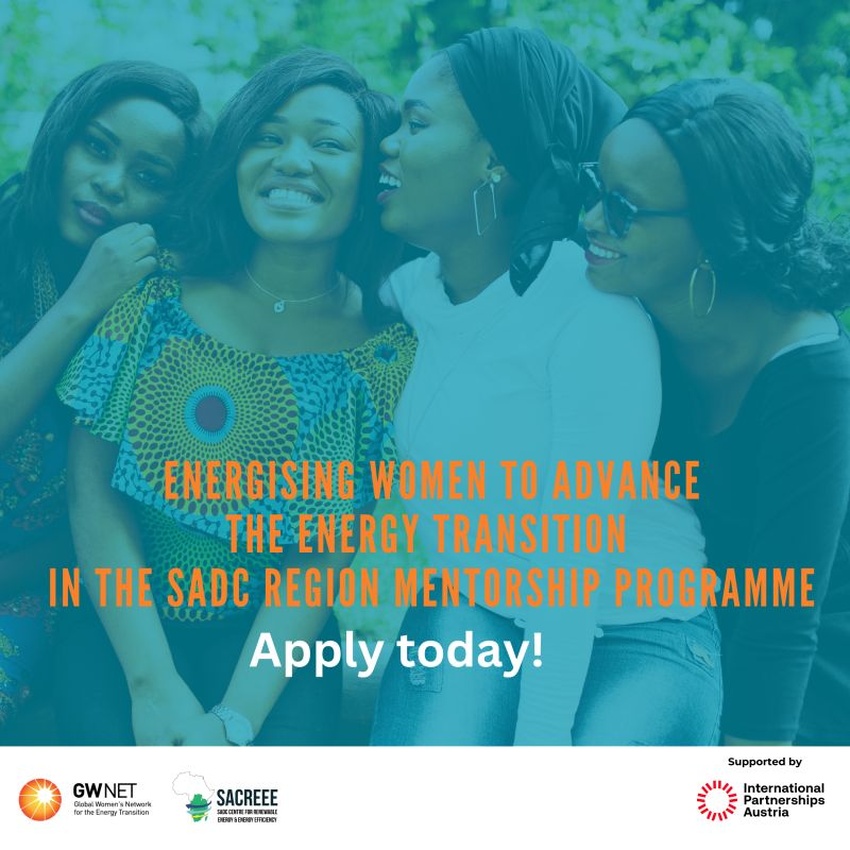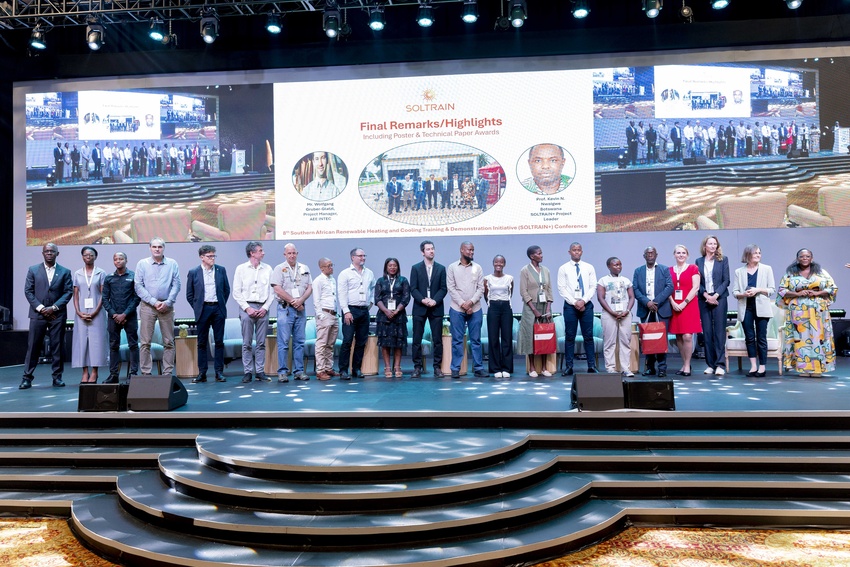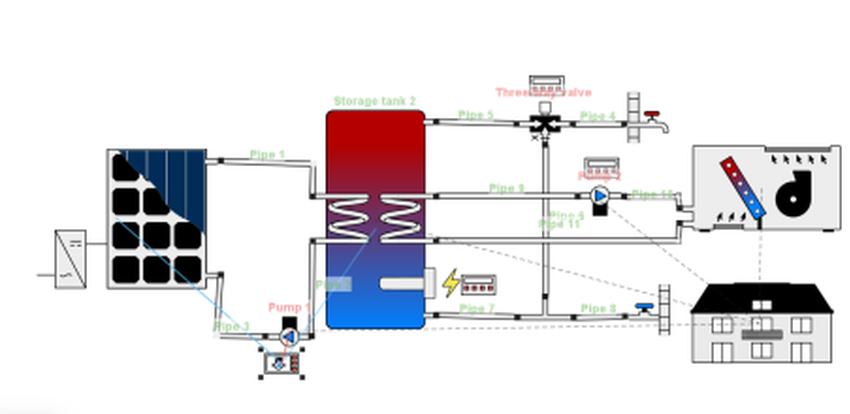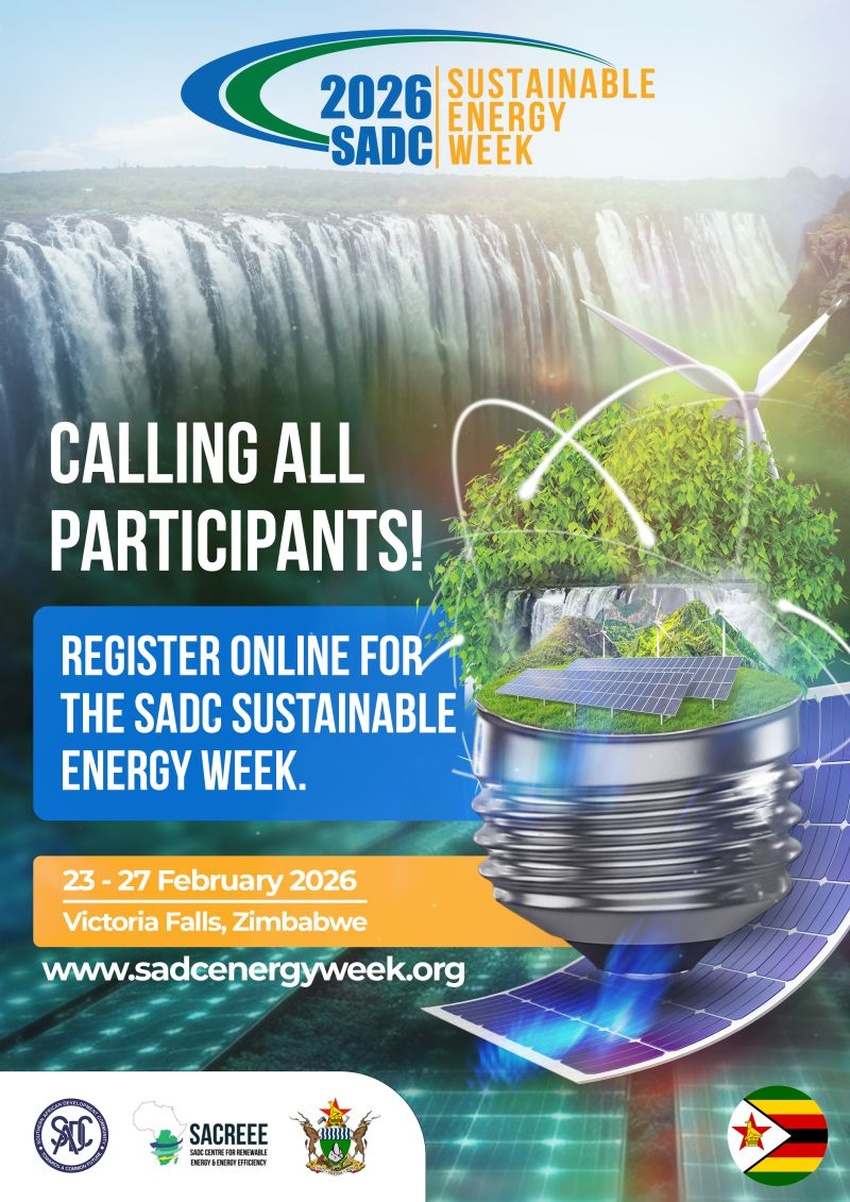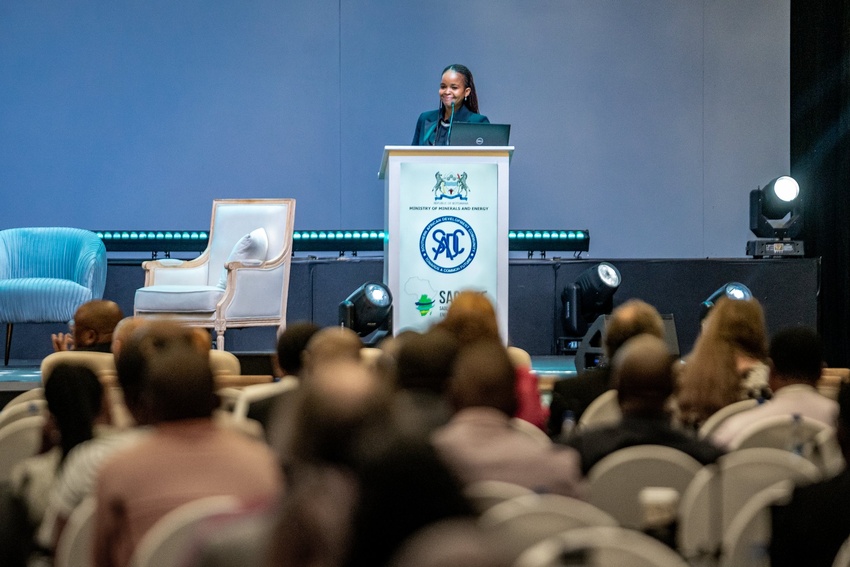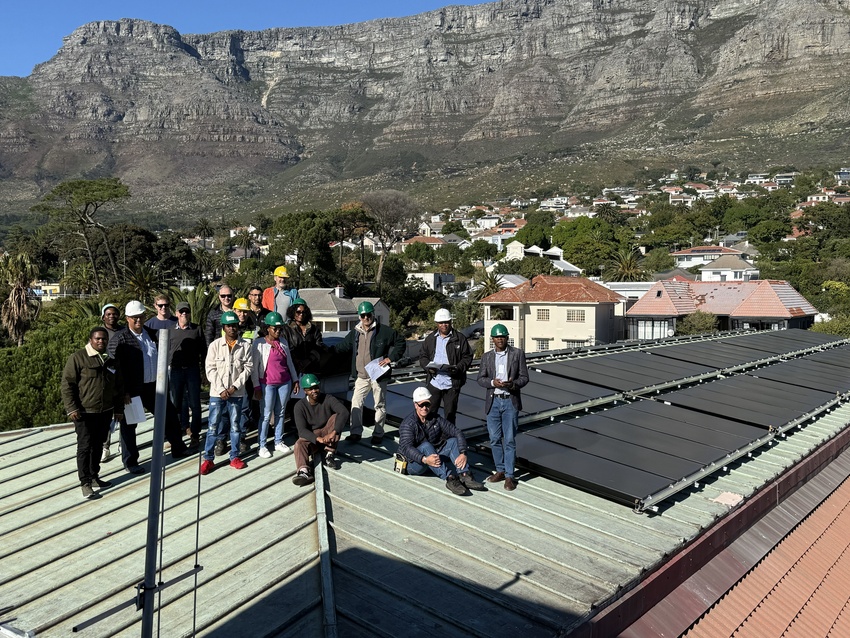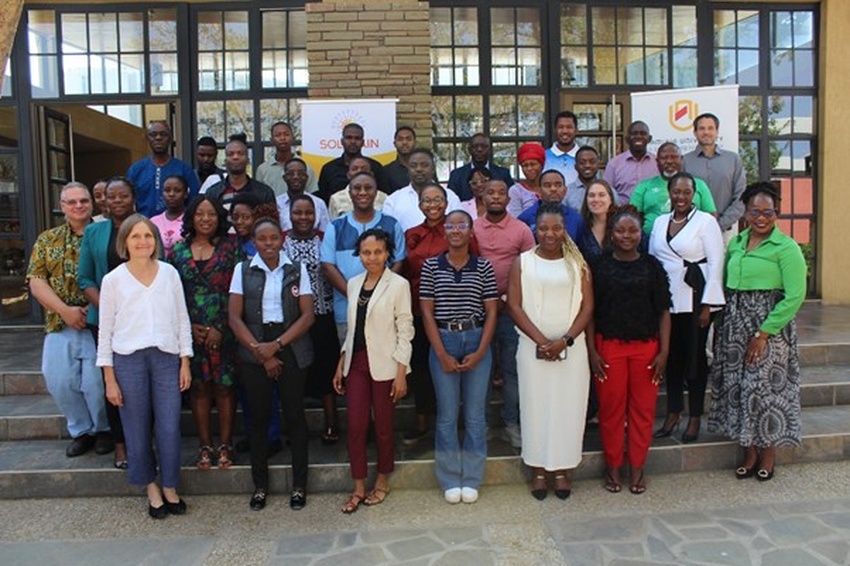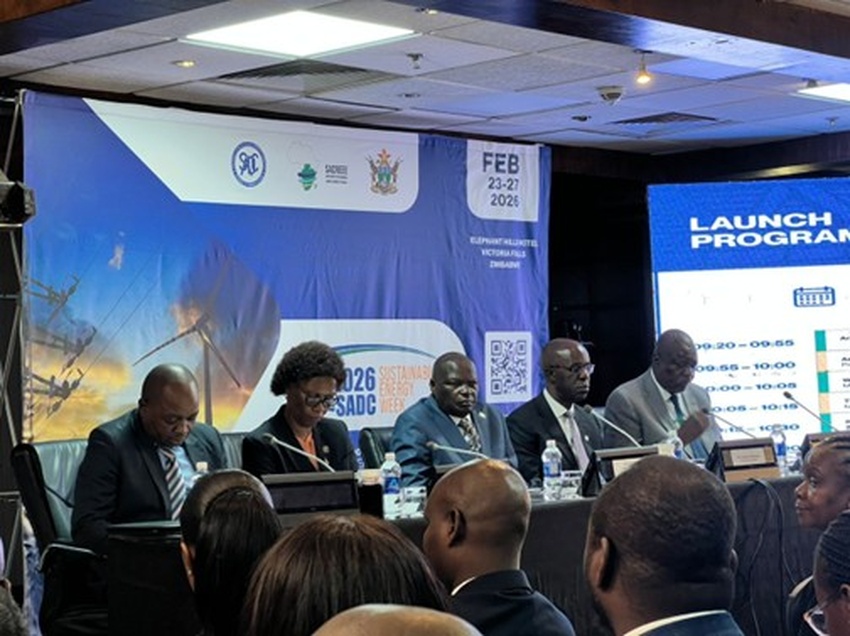Solar geysers beat the limescale blues in Limpopo
Submitted by Dr Karen SurridgePublished 3 years ago
Families and members at Airforce Base Makhado, Limpopo, are reaping the benefits of yet another energy efficiency project – this time, solar geysers designed to reduce the damage of limescale build up and the amount of electricity used to heat water in domestic housing. Piloted as one of the projects implemented through a five-year partnership between the South African National Energy Development Institute (SANEDI) and the military, this installation is part of ongoing research to ensure sustainable energy as well as quantify energy, cost and emissions savings through energy efficient and renewable energy interventions.

Certain parts of South Africa are more prone than others to severe limescale build up on water heating systems, and many consumers are unaware that this raises the costs of heating (electricity) and significantly reduces energy efficiency as well as the lifetime of the hardware. Parts of Limpopo’s natural environment contributes to this issue where “hard water”, containing high mineral content, builds up in geyser and piping hardware that then require more electricity to heat the water. In addition to affecting a geyser’s efficiency for example, the build up eventually damages the geyser and heating element and thus reduces their lifespan.
“What you find is that a geyser that should last for five years, is now only lasting eighteen months or less. The SANDF are helping us build a business case for this technology in high limescale water areas,” says Dr Karen Surridge who is Acting General Manager Energy Efficiency at SANEDI.
The project has kicked off with the installation of 50 indirect high pressure solar water heating systems and seven artisan soldiers were trained to install and maintain these systems. Surridge says the high pressure indirect system specifically deals with limescale risks to household water heating systems. These indirect high pressure solar heating systems will be compared to other heating technologies viz. instantaneous water heating and heat pumps. All these technologies are considered energy efficient over the traditional electrical geyser.
“If you put in a “normal” direct solar water heating system it will simply calcify with limescale just like the electrical heating. Indirect systems work by heating a water-glycol mix (similar to anti-freeze in your car) which runs alongside the normal water and heats it for use. In hot climates like Limpopo, solar water heaters can reach much higher temperatures than what the thermostat of a conventional geyser will allow, meaning that less hot water is needed for use,” says Surridge.
SANEDI has previously quantified the energy cost savings from a similar project at a different military base in Limpopo, albeit at a larger scale, and the “real-life” data are indicating a return on investment in under 3 years acompanied by significant cost, electricity and emissions savings. Over the next five years this, and other technologies implemented in South Africa, will drive sector development and these vital pilot projects will inform business cases to encourage the public and businesses to take advantage of these benefits.
“It is the first time the technology is being tested, at domestic scale, in the area of Limpopo where hard water is so severe. We are looking forward to seeing the results. Proving sustainable and efficient energy technologies fit for purpose is vital in the energy constrained environment in which South Africa finds itself at present. Solar water heating will contribute positively towards reducing electricity demand on the grid, electricity costs to the consumer and emissions acting on climate change,” Surridge added.
Renewable energy technologies like solar water heating store heat for long periods. However, rainy seasons may present several days without sunshine and these systems have back up to ensure hot water is still available. Using less water more efficiently will prove valuable for people around the Limpopo River basin and other areas most at risk to climate change impacts like water insecurity. Promoting water and energy efficiency is an opportunity to adapt to this while enjoying the benefits for households, like cost savings. Most importantly adopting and energy efficient lifestyle can only have a positive outcome for our grid stability and the South African economy.
Adopting any new technologies requires lifestyle changes according to Surridge.
“People will have to adjust their lifestyles but the benefits outweigh any inconvenience. Using hot water sparingly in the evening for example, can ensure that households have hot water through the night until solar technology can again begin heating from the sun in the morning,” Surridge says.
“We are continually sensitising our partners the military, the public, commercial and industrial sectors in sustainable energy efficient behaviour and hardware, and renewable energy technologies that are workable, efficient and affordable for the benefit of all.”
A maintenance and operations plan will ensure that the system keeps running smoothly over the next five years.
